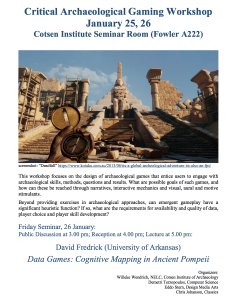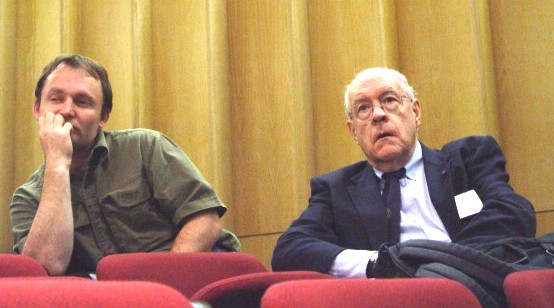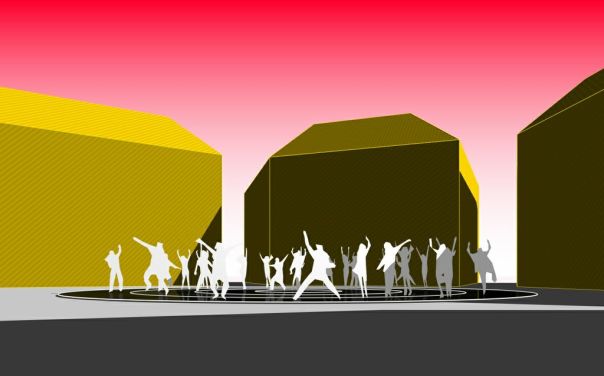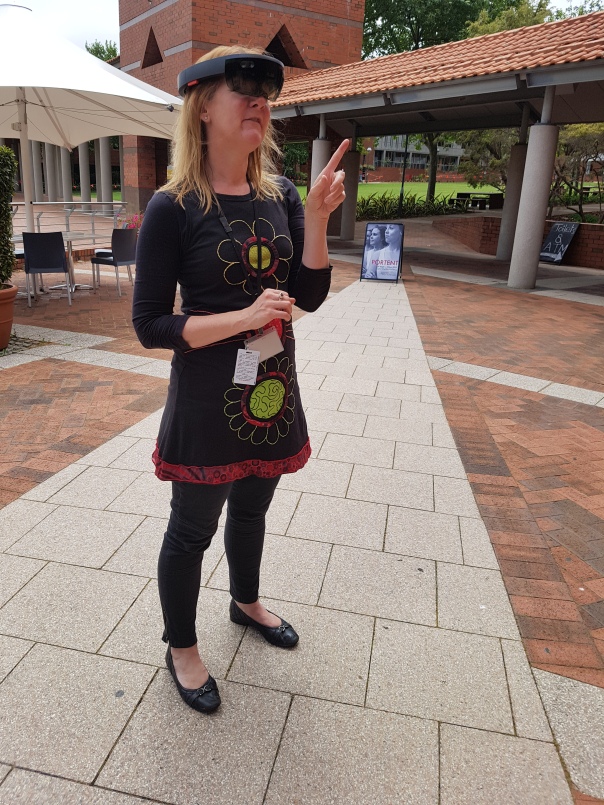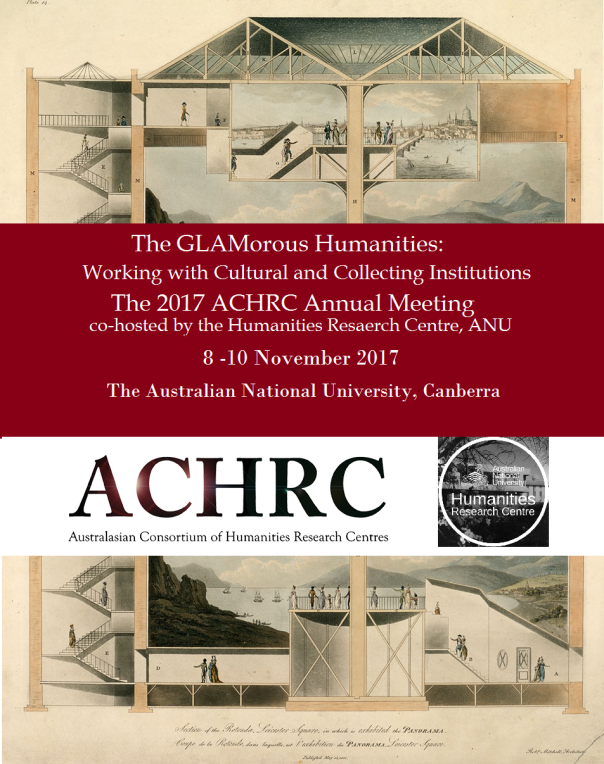I was one of 3 presenters to give a talk at the below (today)
https://www.meetup.com/monthlytechtalk/events/243187376/
2017 Tech Talk in October: Data Computing in Humanities
Digital Humanities
Researchers in humanities are increasingly using computational approaches to analyse data objects such as text, painting, film and other artefacts. Example applications include text analysis, investigation of cultural changes, detection of origin of species and many more. In this October event, three speakers will show us a glimpse of this area by introducing their fascinating projects or application.
Venue was live meeting hubs in Melbourne, Sydney, Perth, Adelaide, Hobart and Brisbane..Vote on topics for future tech talks! https://poll.ly/#/2JYgEl3G
This month’s speakers:
– Dr. Julia Miller (Australia National University) – PARADISEC: Visualising the past, present, and future of digital archiving
Dr. Julia Miller is the Senior Data Manager for the Centre of Excellence for the Dynamics of Language and runs the ANU unit of The Pacific and Regional Archive for Digital Sources in Endangered Cultures (PARADISEC). She received a PhD in Linguistics from the University of Washington, investigating acoustic properties of tone in the endangered Athabaskan language of Dane-zaa.
– Prof. Erik Champion (Curtin University), Computing, 3D Models and Intangible Heritage
Professor Erik Champion is UNESCO Chair of Cultural Visualisation and Heritage at Curtin University and Visualisation theme leader at the Curtin Institute of Computation (http://computation.curtin.edu.au). He researches issues in the area of virtual heritage as well as game design, interactive media, and architectural computing. Before joining Curtin University, he was Project leader of DIGHUMLAB in Denmark, a consortium of four Danish universities, hosted at Aarhus University. His publications include Critical Gaming: Interactive History and Virtual Heritage (Routledge, 2015), Playing with the Past (Springer, 2011), and he edited Game Mods: Design, Theory and Criticism (ETC Press, 2012). His next book (out in October) is Cultural Heritage Infrastructures in Digital Humanities, (Routledge, 2017), with co-editors Agiati Benardou, Costis Dallas and Lorna Hughes.
– Prof. Hugh Craig (University of Newcastle), Three Shakespeare questions you can only answer through Computation
Abstract:
Many scholars react to the idea that quantitative analysis has anything to offer in literary studies with indignation. Yet computational stylistics has been quietly solving Shakespearean problems for some years now, starting with questions of who wrote what, and recently broadening to wider questions of style. In this talk I will discuss three questions I argue have been answered by computation, and could only be answered by computation — whether or not Shakespeare collaborated with his rival Christopher Marlowe in playwriting, how up to date or otherwise his dialogue was, and whether his vocabulary was indeed prodigiously large.
Bio:
Prof. Hugh Craig works at the University of Newcastle, Australia, where he directs the Centre for 21st Century Humanities and the Centre for Literary and Linguistic Computing. He has been publishing in computational stylistics since 1991. With Arthur F. Kinney, he edited Shakespeare, Computers, and the Mystery of Authorship (2009). Many of the new findings about Shakespeare authorship in this book are now enshrined in the New Oxford Shakespeare, which came out last year. He has publications with colleagues from bioinformatics and speech pathology, and on language and ageing and nineteenth century journalism, as well as on literary writings of the Shakespearean period. Style, Computers, and Early Modern Drama: Beyond Authorship, co-authored with Brett Greatley-Hirsch, is due to appear in late 2017.

